Navodita, our Associate Editor, looks into the second phase of Lok Sabha Elections 2019. An exclusive for Different Truths.
As voting begins for the second phase of elections, it’s time to look at how campaigning has fared so far. With political invective and controversial statements in the media, Election Commission had imposed a ban on Azam Khan, Mayawati, Yogi Adityanath and Maneka Gandhi from election campaigning for different time periods. This, however, indicates that our political leaders are doing much more harm than good to the Indian ethos and fabric.
Bahujan Samaj Party chief Mayawati had challenged in the Supreme Court a 48-hour ban on campaigning by Election Commission after she violated the election code.
Bahujan Samaj Party chief Mayawati had challenged in the Supreme Court a 48-hour ban on campaigning by Election Commission after she violated the election code. She, however, did not get any reprieve from judges who made it clear they were all for the punishment. At a recent meeting in Deoband, Mayawati had warned the Muslim community not to ‘split votes’ between the Congress and her alliance. Appealing to caste or communal feelings to secure votes is banned under the model code, which is a series of dos and don’ts for political parties ahead of elections.
The Election Commission had also barred Uttar Pradesh Chief Minister Yogi Adityanath from campaigning for three days for his communal statements. He had said at a rally, “If the Congress, the Samajwadi Party and BSP have faith in Ali, then we too have faith in Bajrang Bali.” While Ali is revered by Muslims as Prophet Muhammad’s successor, Bajrang Bali is another name for Lord Hanuman.
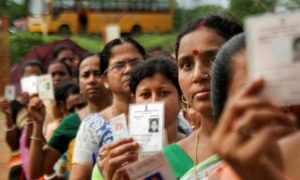
Azam Khan was punished by the poll body for his ‘indecent and derogatory’ comment against his BJP rival Jaya Prada in Rampur.
Azam Khan was punished by the poll body for his ‘indecent and derogatory’ comment against his BJP rival Jaya Prada in Rampur. Union Minister Maneka Gandhi was banned from campaigning for her communal comments. The Election Commission’s action came on a day after Supreme Court pulled it up for failing to take action in cases of code violation and questioned if it was even aware of its powers to force errant political leaders to fall in line.
The states and Union Territories that went to polls today are Assam, Bihar, Chhattisgarh, Gujarat, Goa, Jammu and Kashmir, Karnataka, Kerala, Maharashtra, Odisha, Uttar Pradesh and West Bengal, Dadra and Nagar Haveli and Daman and Diu. Uptil 3 p.m., there was 65% voter turnout in West Bengal, 38.5% in Jammu and Kashmir, 46% in Bihar, 52.02% in Tamil Nadu, 53% in Odisha, 50.39% in Uttar Pradesh, 59.72% in Chhattisgarh and 60.38% in Assam.
The second phase of polling was marred by an IED blast by Naxals in Chhattisgarh, police firing in West Bengal on stone pelters, and EVM glitches.
The second phase of polling was marred by an IED blast by Naxals in Chhattisgarh, police firing in West Bengal on stone pelters, and EVM glitches. In Manipur, voting was disrupted at a polling station in Imphal’s East district. People stormed the polling station and destroyed EVMs. Security personnel resorted to lathi charges and fired in the air to disperse the mob.
Earlier, the Congress president Rahul Gandhi spoke to The Hindu and said that there’s a clear link between national and livelihood security and the aspirations of youngsters and farmers and that PM Modi is missing it completely.
This election, according to Gandhi centres on the issues of unemployment, the unrelenting plight of our farmers and agrarian distress, and the state of our economy.
This election, according to Gandhi centres on the issues of unemployment, the unrelenting plight of our farmers and agrarian distress, and the state of our economy. These issues will define the election. These are the issues that people want to hear about. Even pollsters agree on this. The Congress, he said, has set down a framework to draw India out of the mess that Mr. Modi’s policies have created. Compare it with the BJP manifesto, which doesn’t even talk of jobs, or the issues that matter to people of India.
In this never-ending blame game, Modi also did not hesitate to point fingers at the Congress party. He said at a poll rally in Gujarat that the then UPA government arrested BJP president Amit Shah and some police officers in Gujarat to topple the state government then headed by him. He also said that this election will decide if nationalist forces will rule the country or those who want to help the “tukde tukde gang” by scrapping sedition law.
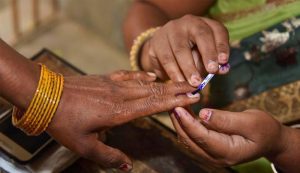
Mamata Banerjee, Trinamool Congress supremo, came out in support of DMK leader Kanimozhi, whose residence was searched by central agencies
In the meantime, in West Bengal, Mamata Banerjee, Trinamool Congress supremo, came out in support of DMK leader Kanimozhi, whose residence was searched by central agencies and said Prime Minister Modi is trying to threaten parties opposed to him. She said that Kanimozhi is being harassed as DMK is opposed to BJP’s divisive politics in south India. DMK president M.K. Stalin in a statement in Chennai said that the raids were an outcome of ‘fear of a damning defeat,’ for BJP’s candidate Tamilisai Soundararajan in Tuticorin which went to polls today.
There are also reports that the Election Commission suspended an official in Sambalpur after he had ordered the checking of Prime Minister Modi’s helicopter on Tuesday. The suspension came after the poll body sent a one-man enquiry team to Odisha to investigate the matter. According to the ECI order, the official, Mohammad Mohsin, a Karnataka cadre officer of Indian Administrative Services deputed as a special observer had “not acted in conformity with the ECI’s instructions” that have made an exception for SPG protectees like the Prime Minister.
Amidst widespread concerns that central institutions and bodies like the Election Commission of India should remain unbiased and objective, it seems last week has seen the ECI come forth and shown the country it can do much to check faulty leaders and those ready to tamper with the law. It has clearly sent out the message that credibility of the institution is here to stay, and none can mess with it. This should continue until the end of the seventh phase of voting so it can be called a completely ‘free and fair’ election. This is a major uphill task the country needs to achieve.
Photos from the Internet

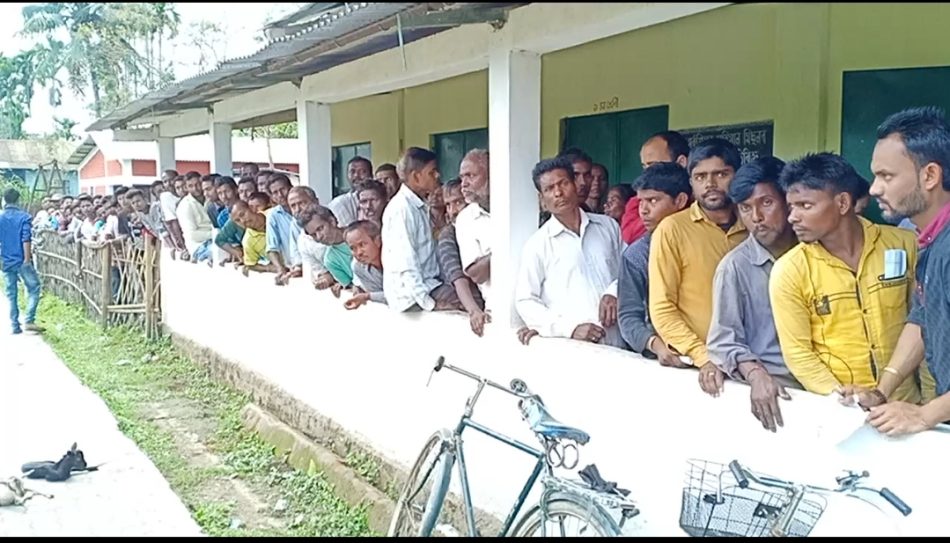


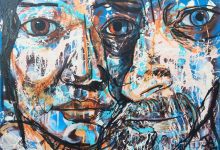


 By
By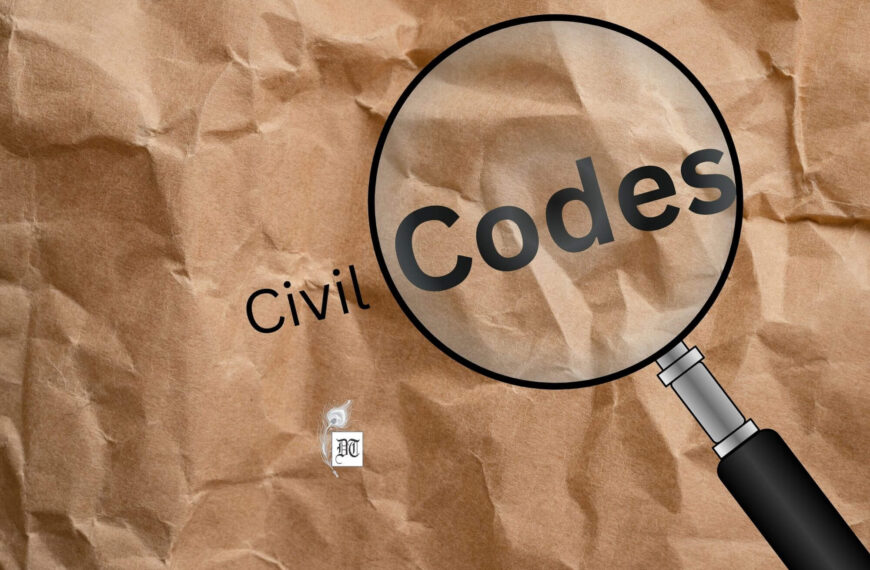
 By
By
 By
By